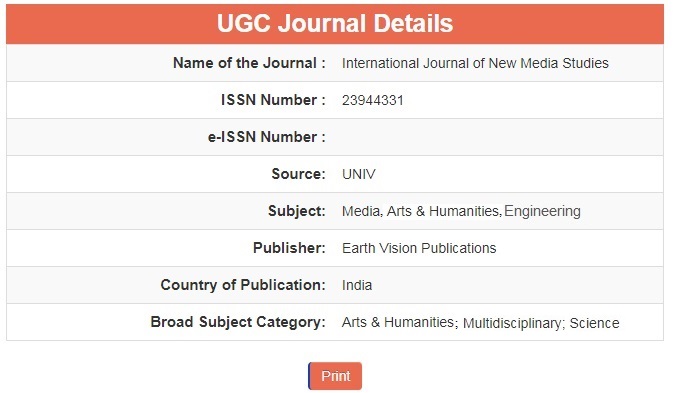Dover Beach: Literary Devices at Work
Abstract
Dover Beach is essentially a poem that can be read as a dirge for the faith once alive in the people of Arnold’s England. With profound realisation about the severity of loss that England suffered by losing her faith in religion, Arnold has composed this poem, where he first laments the death of religion and then comes up with an antidote for the consequent despair. Arnold has carried out this process in a very solemn poetic way by making use of as many literary devices as he seems to have had knowledge of. Ever since “The Canterbury Tales” were conceived, the use of literary devices has been inevitable. Be it the simile Chaucer uses in his poem “To Rosamond”, where he compares the man in love to fish, cooked in sauce or the metaphysical conceits, popularised by Donne, literary devices have not only served as embellishments for poetry but also as carrier of themes, meaning and central thought of
poetry.






